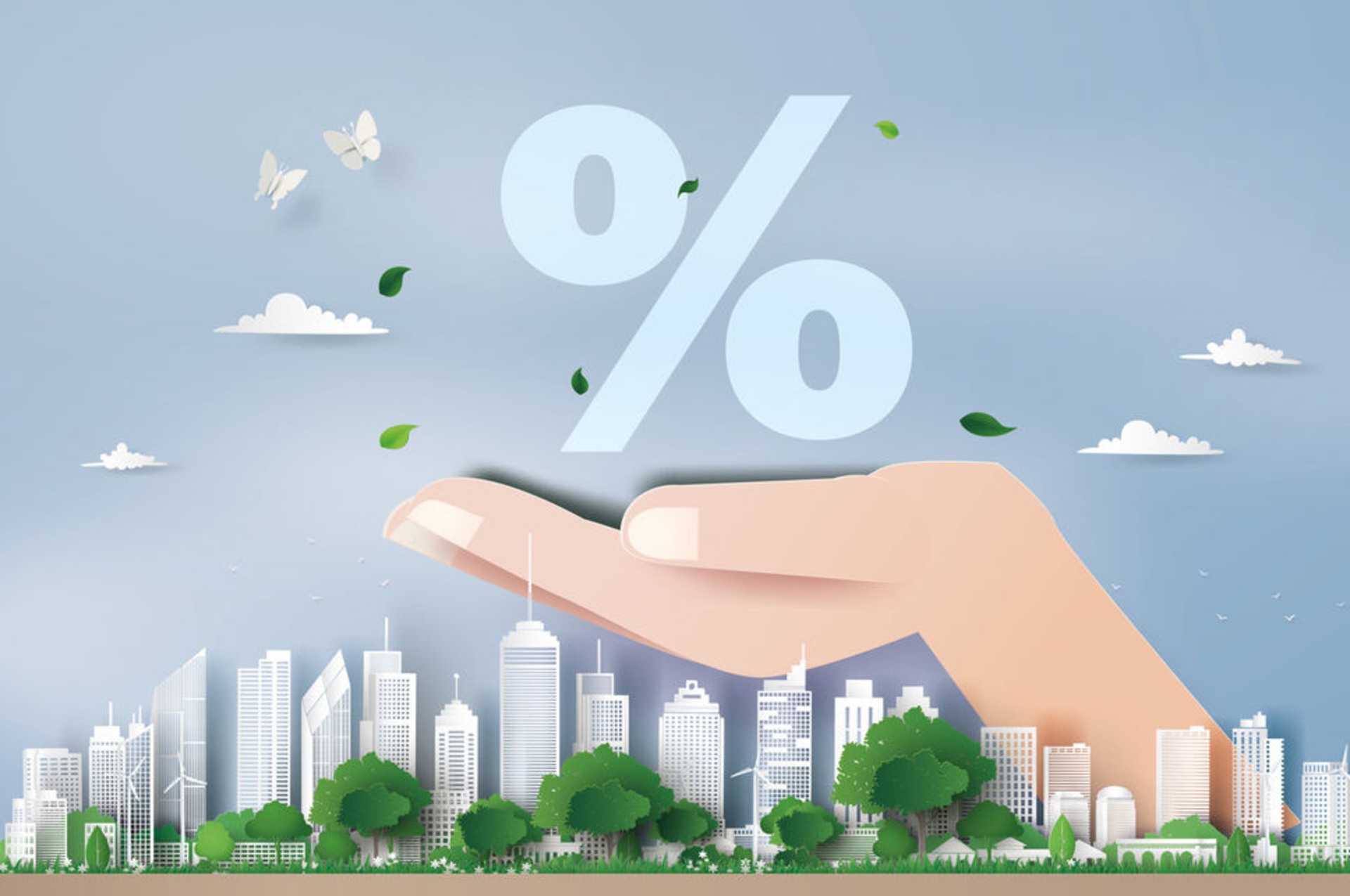The Bank of Canada is warning Canadians to brace for a rough winter
14 Nov 2022
For years now, central banks around the world have helped consumers and businesses weather economic storms. In crisis after crisis, they cut interest rates to help people get through. They printed money and bought bonds to prop up markets.
This time, those same banks are actively making life more difficult.
"I'm sure some of this does feel a bit counterintuitive," Bank of Canada governor Tiff Macklem said.
The Bank of Canada has raised interest rates six times since March. Rates have shot up from 0.25 per cent to 3.75 per cent. And the bank has warned it's not done yet.
"We do think we still need to raise rates a little bit further," Macklem told CBC News in an interview this week. "How far, we will see."
In a wide-ranging interview, Bank of Canada governor Tiff Macklem tells CBC's Peter Armstrong that Canadians should expect more interest rate hikes, and a mild recession is possible, as the central bank continues its fight against inflation.
The bank is raising rates now to rein in inflation that has reached its highest level in decades. Increasing rates is expected to slow the economy. So, Canadians who are already struggling to keep up with the rising cost of living are now facing higher borrowing costs. And those higher borrowing costs will drive down the economy.
"We actually think growth is going to be close to zero for the next few quarters, until about the middle of next year," Macklem said.
He says that slowdown in economic activity should be short and not very deep. But it will have an impact.
"[The] unemployment rate is going to go up. We're not talking about high unemployment rates that we've seen in past recessions, but it is going to go up," he said.
'People are frustrated'
Macklem says he understands how Canadians are feeling.
"People are frustrated. They feel helpless," he said.
Canadian consumers aren't the only ones who are frustrated. Jim Stanford, an economist and director at the Centre for Future Work, says the central bank has pushed rates too high, too quickly. Central banks around the world are looking at the current state of inflation, he said, and assuming both the cause and the solution are the same as the last inflation crisis in the 1970s and '80s.
"Policy-makers at the Bank of Canada and the government and academia, I think, are unduly obsessed with what happened in the 1970s. It's like a nightmare," Stanford said in an interview with CBC News.
In the 1970s, real wages were rising along with prices. This time, real wages have fallen. In the 1970s, corporate profits were falling. Right now, corporate profits have surged to record levels.
"So this is the exact opposite of what we experienced in the 1970s. And pulling out a 50-year-old recipe and applying it again to today's situation is absolutely inappropriate," Stanford said.
He says the central bank should pause its relentless rate hikes and see if inflation really does need more of a push.
Headline inflation has slowed. Supply-chain issues are beginning to unwind. Global commodity costs have begun to fall.
New numbers won't slow rate hikes: economist
The latest inflation numbers will be released on Nov. 16.
But RBC economist Claire Fan says this latest batch of numbers won't do much to slow rate hikes.
"Consumer price growth in Canada likely ticked higher in October. We expect the annual rate to have risen to seven per cent, up from 6.9 per cent in September but still down from the 8.1 per cent recent peak in June," Fan said in a note to clients.
She says a resurgence in gas and fuel oil prices was driving the increase, which should give the Bank of Canada enough reason to keep pushing rates higher.
- How has inflation and the high cost of living impacted you? Tell us your story in an email to ask@cbc.ca or join us live in the comments below.
"While there are signs that inflation is past its peak in Canada, it will likely take a sustained period of higher interest rates and a weaker economy for price growth to ease fully back to central bank target rates," she wrote.
The RBC forecast assumes the bank will hike the rate by another 25 basis points in early December and then pause to assess the impact all of those rate hikes have had on the economy.
But it means anyone with a variable rate mortgage or a home equity line of credit is looking at yet another boost to their monthly payments.
'We are getting closer'
Macklem says he knows these rate hikes are making life harder for many Canadians.
"We don't want to make this more difficult than it has to be," he said. "But at the same time, if we don't do enough, if we're half-hearted, Canadians are going to have to continue to endure the high inflation that is harming them every day."
And that's the risk here, analysts say. If the bank pauses too soon and finds inflation is still rising, it will have to take even more aggressive measures down the road. If it overshoots and keeps hiking once inflation is coming down in a sustainable way, then Canadians will needlessly suffer.
The window to get this right is getting smaller and smaller.
"We do think that there is a need for further increases, but we are getting closer to the end of this tightening cycle. I can't tell you exactly what that is," Macklem said.
"We're not there yet. But we are getting closer."
The good news is that Macklem believes we should be in a much better place by the middle of next year. The bad news is that the middle of next year is a long way off for anyone struggling to put food on their table or pay their mortgage payment today.
